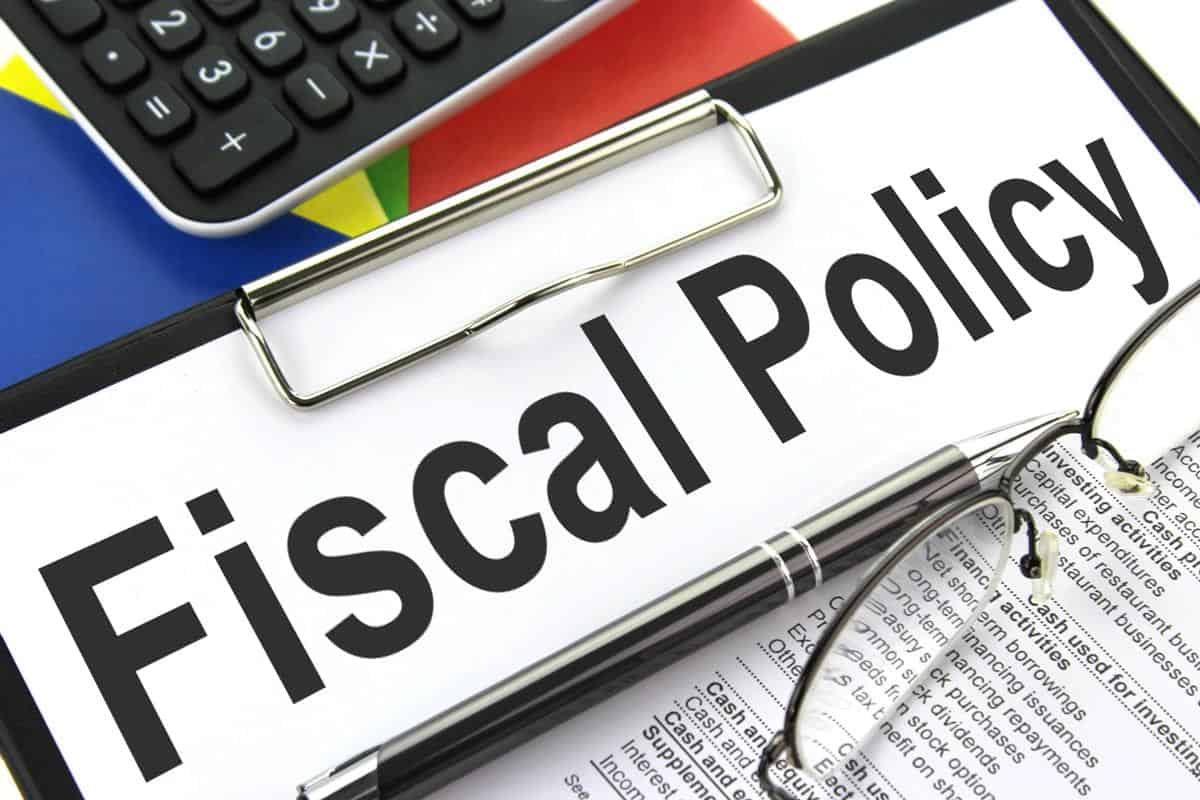China’s State Council has unveiled plans to step up fiscal policy amidst escalating trade tensions with the United States.
An executive meeting of the State Council convened by Premier Li Keqiang on 23 July said that “fiscal policy must be more active” according to an official government press release.
The State Council said it would “better employ the role of fiscal and financial policy, [and] support expansion of internal demand and structural adjustments to expedite growth of the real economy.”
Tax and administrative fee reductions lie at the core of the State Council’s fiscal policy plans, with Beijing committing to a reduction of at least 1.1 trillion yuan in the tax and fee burden for China’s market entities in 2018.
An increase in the added deduction percentage for R&D expenses to 75% will be expanded from small and medium-sized tech companies to cover all Chinese companies, and is expected to lead to full year savings of 65 billion yuan.
A value-added tax rebate covering sectors including advanced manufacturing and modern services that is expected to be worth around 113 billion yuan will reach basic completion prior to the end of September.
The Chinese central government will also accelerate the issue of 1.35 trillion yuan in local government special bonds, and has indicated that “stable monetary policy must be adjusted appropriately, as well as committed to “appropriate total social financing and rationally ample liquidity.”
The State Council said that it would “make advance adjustments and micro-adjustments in accordance with changes in circumstances, make targeted adjustments and controls, effectively respond to uncertainties in the external environment, and maintain economic performance within a rational threshold.
“Fiscal and financial policy must be coordinated and vigorous, more effectively service the real economy, and more vigorously service the broader macro-environment.”



